
Australia(2016)
Helena, a woman in her early 40's, is obsessed with getting pregnant. After failing her last try, her neighbors get back from the hospital with their new born baby. Helena breaks in to their house when they´re gone, steals the baby monitor and starts listening to what happens next door.

Movie: Australia
Top 4 Billed Cast
Video Trailer Australia
Similar Movies
 6.1
6.1The Midwife(fr)
Claire is a midwife and has devoted her life to others. At a moment when she is preoccupied by the imminent closure of the maternity clinic where she works, her life is further turned upside down when Béatrice, her father's former mistress, turns up on the scene. Béatrice is a capricious and selfish woman, Claire's exact opposite.
Pop Switch(en)
After years of failing to get pregnant, Frank's baby-crazed wife, Estelle, forces the issue by secretly putting them back on the adoption wait list. When Estelle receives a phone call about the possibility of an available child, Frank must suddenly decide whether he's committed to becoming a "Pop" or not.
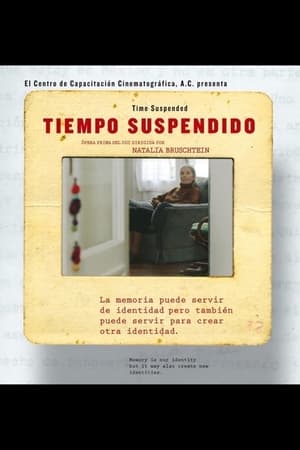 10.0
10.0Time Suspended(es)
An extraordinary film about memory, and specifically the fading memory of an 86-year-old political activist who has fought tirelessly against historical amnesia and for justice in Argentina. The director’s grandmother, Laura Bonaparte, was one of the founders of the Mothers of the Plaza de Mayo, formed during the 1970s by women whose children and family members had been disappeared by the Videla military dictatorship. Laura herself lost three children and their partners, including the director’s parents. Today, after a lifetime battling that the disappeared never be forgotten, Laura faces her own struggle to remember.
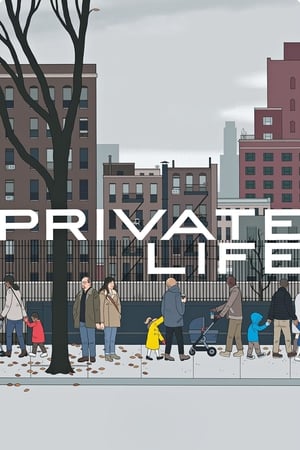 6.9
6.9Private Life(en)
Richard and Rachel, a couple in the throes of infertility, try to maintain their marriage as they descend deeper and deeper into the insular world of assisted reproduction and domestic adoption.
 7.6
7.6Pachito Rex: I'm Leaving but Not for Good(en)
The attack on a popular singer known as Pachito -who becomes the favorite candidate to win the presidential election in an imaginary Latin American country- is the starting point of several stories, including: the alleged murderer, a police officer investigating the disappearance of the murdered body and an architect hired to design the mausoleum to the memory of the possible dictator.
 6.3
6.3The Rye Horn(gl)
Maria is a shellfisherwoman and midwife in a small village in the Illa de Arousa in 1970s Galicia. After an unexpected event, she is forced to flee to Portugal.
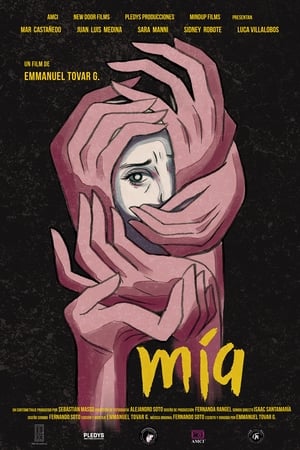 0.0
0.0Mia(es)
Alba, a young woman, lives with her boyfriend in a small apartment. One morning she receives terrible news along with the few month-old baby Mía, who is dropped off in her life. Upon her arrival, Alba experiences a series of insecurities and fears that will cause her into a mental breakdown. After her father is dead, Alba is forced to take care of the baby he left, even though the baby represents imbalance in her life.
 5.8
5.8Close Quarters(es)
Manuel and Lupe want to have a baby. When Manuel discovers he is infertile, he starts to fall apart both physically and emotionally. After exploring several options, Manuel turns to Rubén, his new friend, to act as their donor.
 6.5
6.5Down to the Bone(en)
A woman stuck in a stale marriage struggles to raise her children and manage her secret drug habit. But when winter comes to her small town, her balancing act begins to come crashing down.
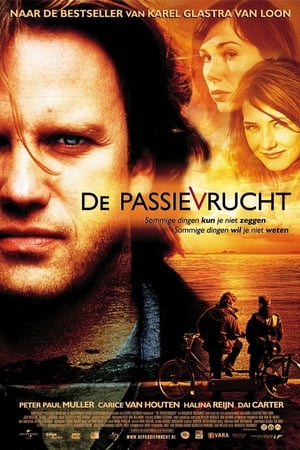 6.0
6.0Father's Affair(nl)
Armin is in crisis. One fateful day he discovers he is infertile and has been throughout his life. From this he discovers his first wife, Monika, was unfaithful before she died. How else could she have the child that Armin always thought was his? His paranoia drives him to find the truth.
 5.0
5.0Give Up the Ghost(ar)
Salam's dream of becoming a mother shatters when she finds out that she is unable to have children with her husband.
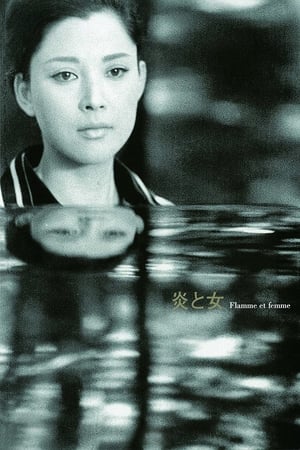 6.4
6.4Impasse(ja)
Shingo and Ritsuko have a baby: Takashi. They happen to be a happy couple, but soon Ritsuko wants to know who is the true father of Takashi, born by artificial insemination.
 6.7
6.7Only You(en)
A madly-in-love young couple's relationship begins to suffer when they struggle to conceive a child.
 6.8
6.8Mamífera(ca)
Lola (40) enjoys a happy life until an unforeseen pregnancy throws her plans into disarray. Resistant to motherhood and confronted by societal expectations, Lola and her boyfriend, Bruno, deal with the situation. As Lola confronts her inner fears about the repercussions of not embracing motherhood, she embarks on a quest for answers. Unexpectedly, Bruno reveals his desire to become a father, adding further tension and complexity to Lola's search for clarity about her future amidst pressure to conform to societal norms.
 7.1
7.1The Violin(es)
In an unnamed Latin American country that closely resembles Mexico, the government fights a rural insurgency with torture, assault, rape, and murder. Soldiers descend on a town, cutting off the rebels from their cache of ammunition hidden in a field. A family of grandfather, son, and grandson are among the rebels in the hills. The grandfather, with his violin over his shoulder, tries to pass the checkpoint, ostensibly to tend his corn crop. The commanding officer lets him pass but insists on a daily music lesson.
 4.2
4.2Baby Blues(pl)
Natalia is a 17-year-old mom living with her mother and son, Antos. She wanted to have a baby because it was a “cool” thing to do, and because she feels she has someone to love; someone who can love her in return. Everything changes when Natalia’s mother decides to move out, giving Natalia a chance to lead a “normal life.”
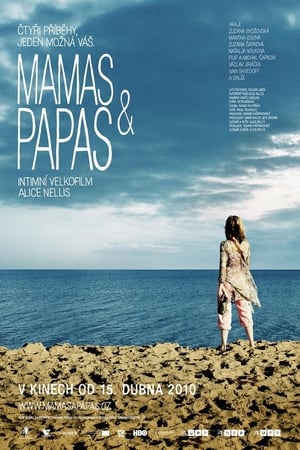 4.2
4.2Mamas & Papas(cs)
The four stories in the film form a mosaic of the fates of several married or partner couples who, at a certain turning point in their lives, are dealing with issues of wanted, unwanted, desired, or thwarted parenthood. The intention of screenwriter and director Alice Nellis is to use the parallel narration of several stories to show that the problem of modern parenthood is broader and deeper than the specific situation of any individual character. The number one domestic director once again comes up with a story that can touch viewers regardless of age or status. Each of the stories told about the desire for a child, the fateful decision of whether to have a child or not, or the effort to cope with the pitfalls that life has placed before us, could be your own.
 6.0
6.0A Happy Event(fr)
She drove me into a corner, then forced me to go beyond my limits. She made me confront the absolute: love, sacrifice, tenderness, abandonment. She dislocated me, transformed me. Why didn't anyone warn me? Why doesn't anyone ever talk about this?" Un heureux événement, or an intimate view of motherhood, sincere and with no taboos.






